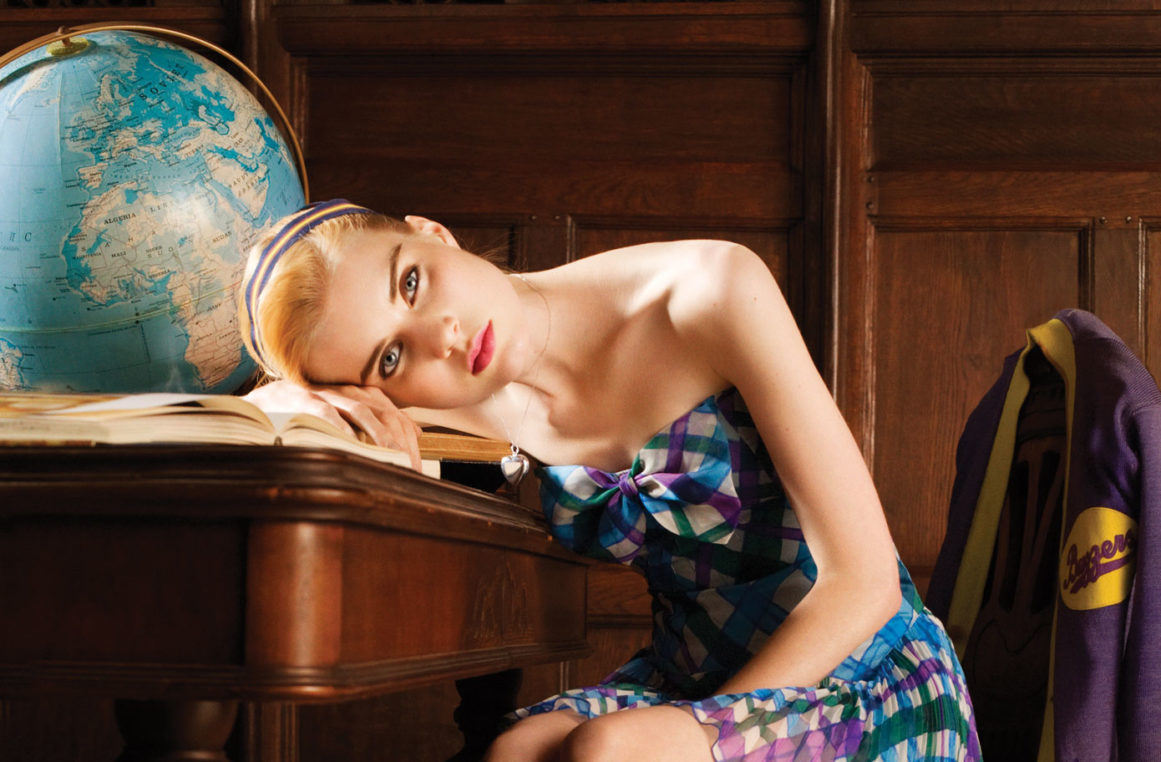As Temperatures Begin To Drop, Orna Mulcahy selects nine books to read in November, including Michelle Obama’s new guide to living, the latest John Banville and a superb memoir from Gavin McCrea …
Brrr. Winter is the excuse we need to stay inside and snuggle under some layers, preferably with the company of a good book. November tends to be a quieter month in publishing, coming as it does after the glut of October launches and before the rush of Christmas gift-worthy books, but there are plenty of great launches this month, including Michelle Obama’s new guide to living, the latest John Banville and a superb memoir from Gavin McCrea.
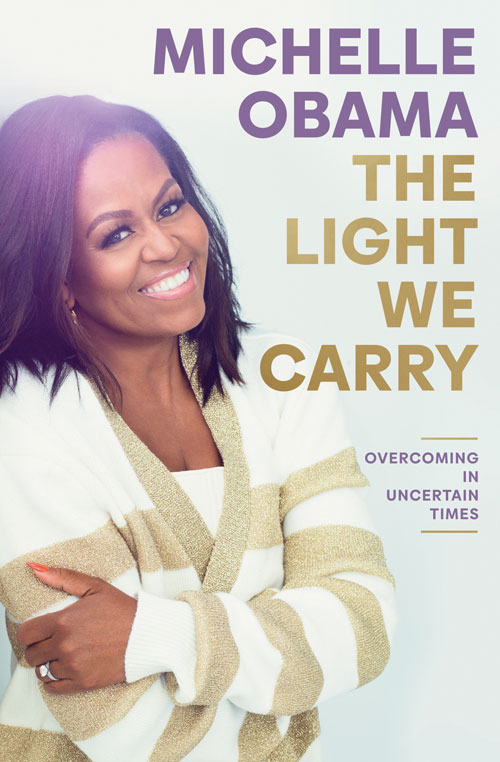
Having sold an estimated 17 million copies of her memoir, Becoming, Michelle Obama is back with THE LIGHT WE CARRY (Penguin Random House, €24.99), a guide to living from the famously empathetic former First Lady. There’s advice on building enduring relationships, on how to deal with self-doubt and how not to become overwhelmed in a world gone mad in so many directions. The take-home messages? Treat others with respect, identify mentors and friends and listen to them and, most of all, find pockets of gladness where you can. Set to be released simultaneously in 27 countries, as Obama might say herself, it’s going to go high.

Songwriter Patti Smith is another American treasure with a big book coming this month. A BOOK OF DAYS (Bloomsbury, €28.60) is a compilation of images and moods that were first captured in her @thisispattismith Instagram feed. Fans will find snippets of her daily life in snaps that chart everything from her favourite coat, boots and books, close-ups of her face, highways, musical memorabilia and cups of coffee. I loved Smith’s memoir M Train, which brings the reader on a journey from her favourite Greenwich Village café to Detroit to French Guyana to Frida Kahlo’s Mexico, but A Book of Days is lovely to leaf through and would make a fine gift.

CELLS (Scribe, €19.45) is an intense and sometimes intensely sad memoir from Irish writer Gavin McCrea whose two novels Mrs Engels and The Sisters Mao have won prizes and critical acclaim. A chronicler of strong women, with Cells McCrea turns his high beam onto his own mother and his father and his siblings, none of whom seem to have been able to protect him from the horrific homophobic abuse he endured throughout his childhood and teenage years and indeed into adulthood. The book opens during Covid with McCrea living with and caring for his mother in a small apartment, while working on this very book. McCrea’s mother is slowly losing her memory but he vividly recalls her as a young woman – tall, beautiful, a strong swimmer, easy with people, angry with her own mother. He writes beautifully of their special bond but rivers of anger and blame run through the narrative that is also laced with therapy notes as he recalls failures to connect with other members of his family and lovers along the way.
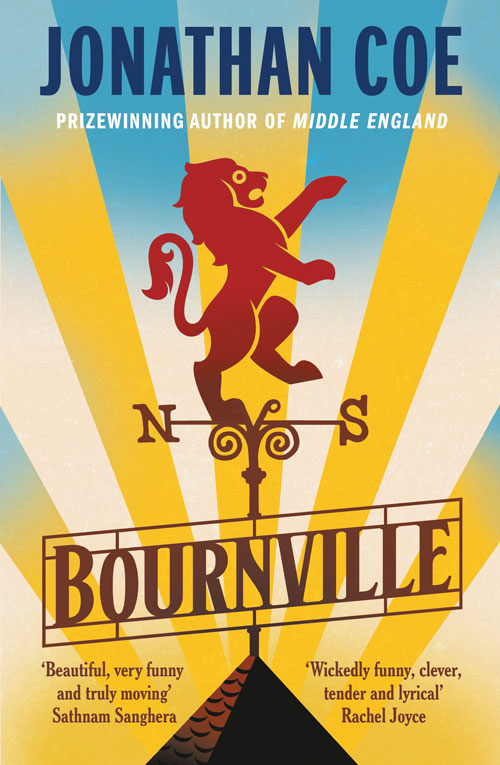
I’ve only just caught up with Jonathan Coe’s Costa prize-winning novel Middle England about a disjointed family grappling with life and the forces that led to Brexit. BOURNEVILLE, (Viking, €22.90), sounds like the next instalment, promising a journey from post-war Britain to the present day, told through several generations of a family who live in Bourneville, home of the famous chocolate factory. Coe paints gentle portraits of mostly good people who are forced into difficult positions by more extreme characters – snobs, go-getters and sly operators seizing the moment.

Argentinian writer Samanta Schweblin’s unsettling short stories and novels have appeared on the Booker longlist and shortlist in recent years. Her latest collection, SEVEN EMPTY HOUSES, translated by Megan McDowell (One World, €14.90), sets characters in different and distinctly odd houses that are not so much homes as locations for highly disturbing events. Perfect reading for the month of the dead.
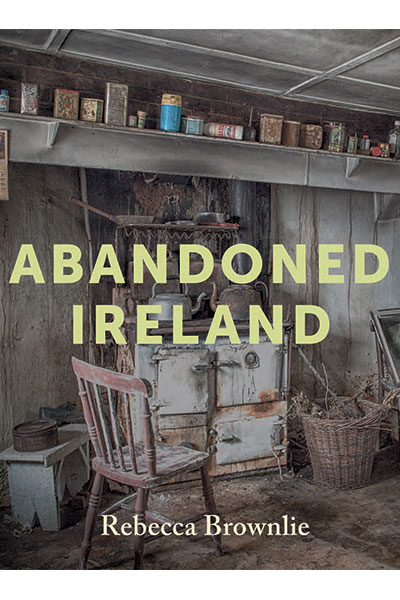
The buildings photographed in Rebecca Brownlie’s ABANDONED IRELAND (Merrion Press, €27.95) once thrummed with life, but now are crumbling, beyond repair or have disappeared altogether. Brownlie’s beautiful, atmospheric shots explore forgotten homes with ivy growing through windows, cobwebbed plates on dressers and iron beds moored in empty rooms. From cottages to mansions, asylums to convents, old linen mill buildings and broken-down prisons, the book is a socio-political document that highlights our lack of imagination in tackling beautiful buildings that have lost their original purpose.
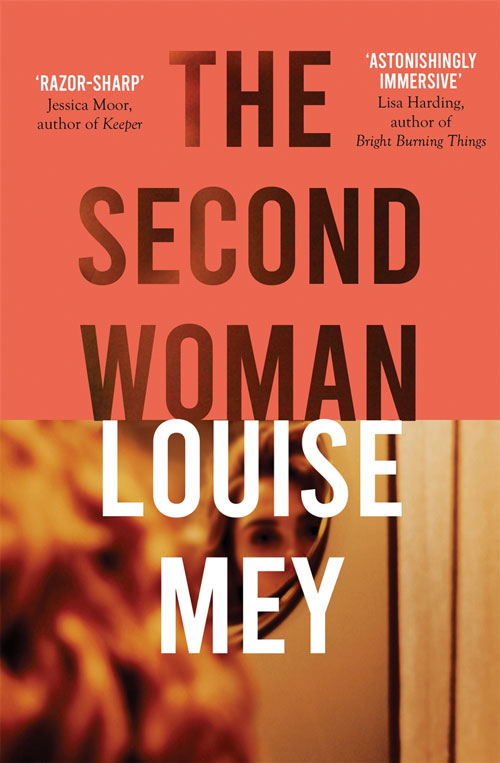
Back in fiction, fans of Leila Slimani’s Lullaby might like Louise Mey’s THE SECOND WOMAN (Pushkin Press, €10.20), a slow-burn psychological thriller set somewhere in France. Sandrine has fallen for a man whose wife, Caroline, has disappeared, presumed dead. Lo, in the first chapter she is discovered alive and suffering from amnesia. She remembers only that she had a child – Mathias, who is now being lovingly cared for by Sandrine, who appears to revel in her new life as a partner and stepmother, but there’s an uneasy undercurrent to it all. As Caroline begins to remember the events around her disappearance, Sandrine gradually reveals the horror of her own life – her man isn’t just moody, he’s angry, controlling and violent. At times the story reads as a kind of handbook of coercive behaviour, but the pace builds at last as the two women join forces to escape from his diabolical hold.
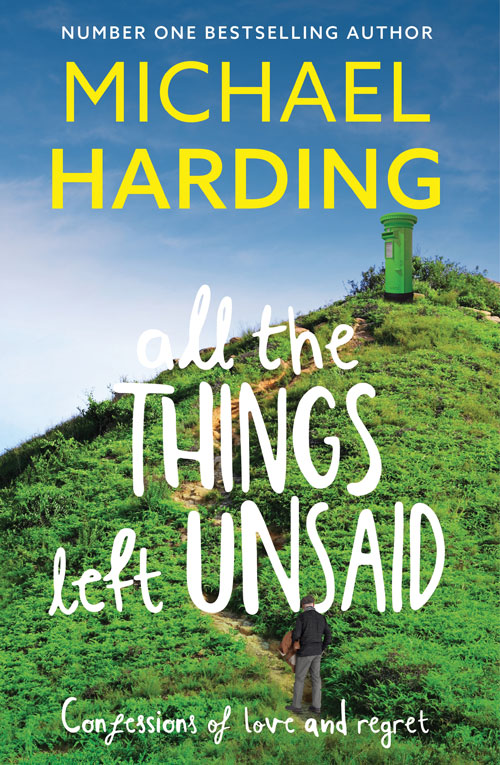
Who can resist Michael Harding when he is riffing on the vagaries of small town and country life, always tilting his story towards the universal, the sadness and the shafts of joy that occasionally light the way. In his latest book, ALL THE THINGS LEFT UNSAID (Hachette, €15.99), Harding is recovering from surgery and has taken himself off to Donegal to contemplate the waves and lay some ghosts to rest. Reflections on his time in hospital are interspersed with letters to people from his past – an old friend, a lover, a priest from Harding’s seminary days who was also a poet and a visionary from whom he’d grown apart. Harding can start a paragraph contemplating a cat or a cloud and end it with an insight that can stop you in your tracks.
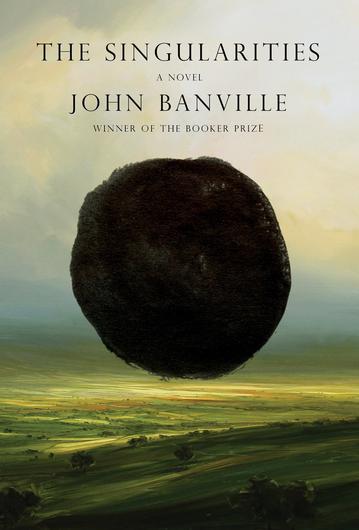
John Banville’s THE SINGULARITIES (Knopf, €14.99) brings back his most notorious character, Freddie Montgomery, releasing him from prison and renaming him Felix Mordaunt. A sinister cove out of step with the world, he journeys to his old home only to find that it too has a new name and new inhabitants, namely descendants of renowned scientist Adam Godley whose writings are kept in the one “good” room in the house – a secret vault accessed through blind doors and perfectly temperature controlled. The rest of the house is impossibly damp and so everyone converges in the kitchen. I tended to pick this book up and leave it down again, drawn in by Banville’s exquisite arrangement of words and his deft drawing of characters. Nothing escapes his eye and though the plot wanders considerably and footnotes appear in alarming depth, it’s a book that will need more than one reading to decode.
Follow Orna on Twitter @OrnaMulcahy






